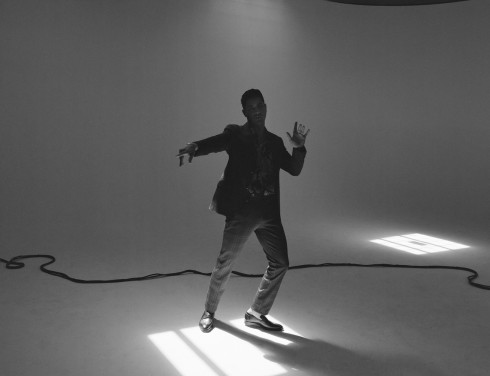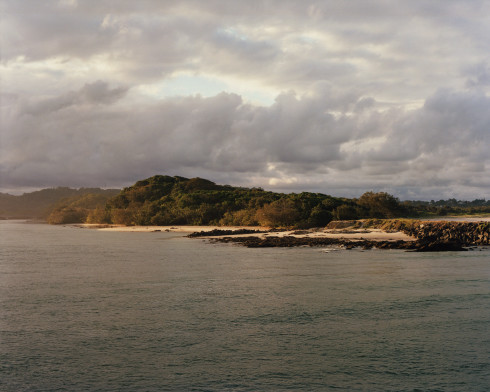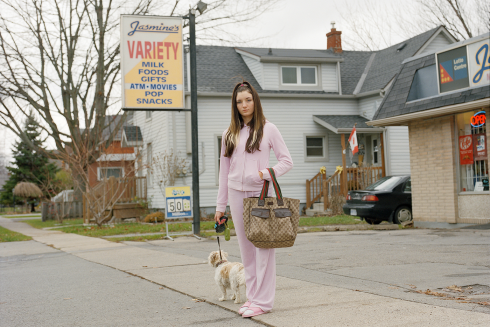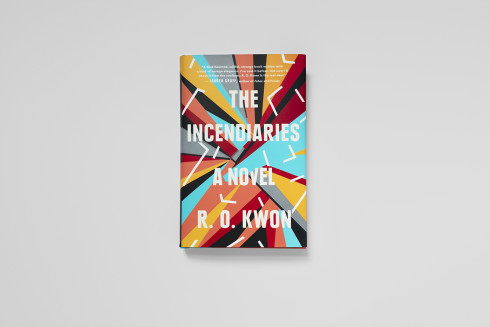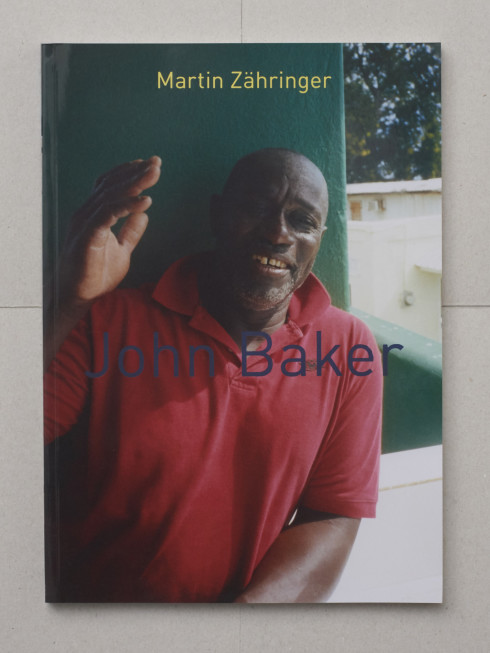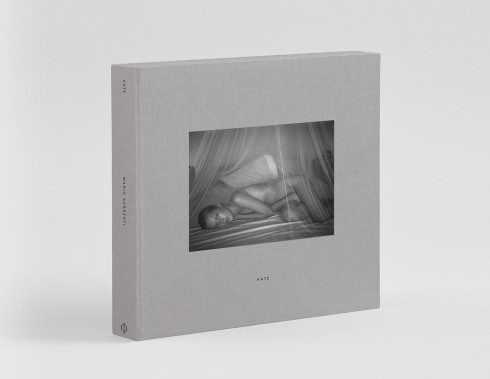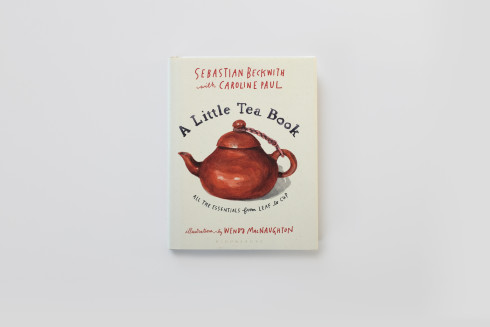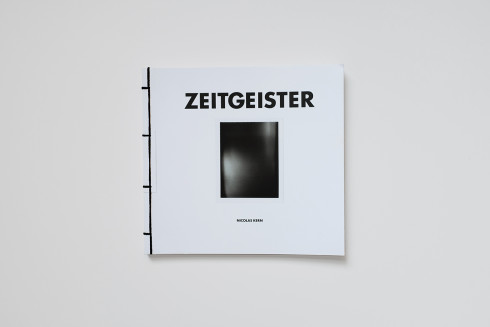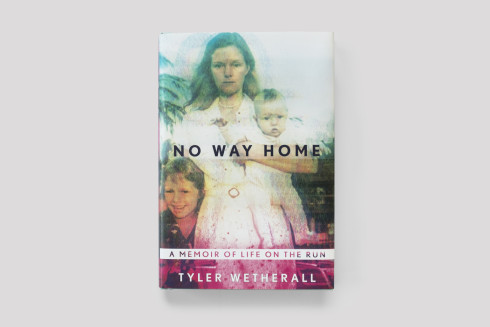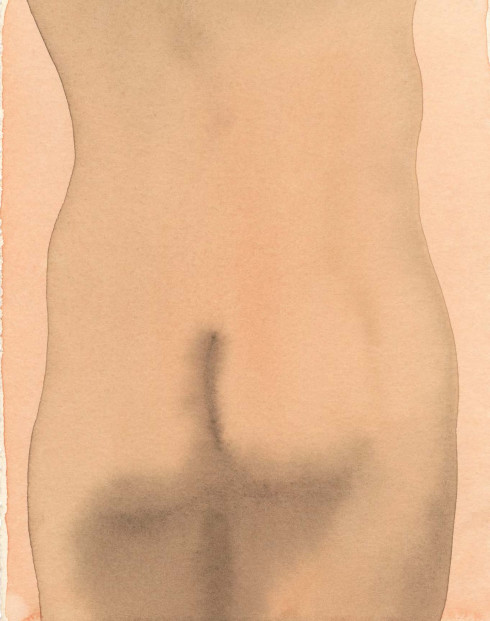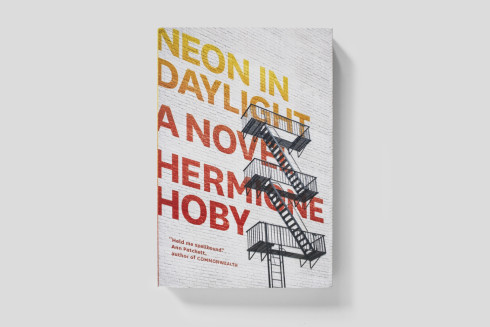VISIT SUNNY CHERNOBYL
Andrew Blackwell talks trash on a global scale, but it’s not his attitude that needs cleanup. It’s the environment. It’s the Great Pacific Garbage Patch, an amoeba of debris swathing hundreds of miles of ocean. It’s Alberta’s oil sand mines and the open sewer that was once Delhi’s sacred river Yamuna. Blackwell holidays at each of these befouled sites throughout his new travelogue Visit Sunny Chernobyl. A former Boy Scout raised to savor the wilderness, the journalist now fully embraces his yen for blighted locales. “You know,” Blackwell confides, “I lived in Queens.”
Humor could itself be toxic in the context of ecological ruin, yet Blackwell’s wit lines every cloud of smog with empathy. “There’s something to be learned,” he says, “by going to the most polluted places in the world and just finding where you can get a drink—by not treating them as horror stories.” His refusal to reduce Guiyu, the capital of China’s electronic waste trade, to a symbol of the Folly of Progress illustrates Blackwell’s open-minded empiricism. “The whole idea was to get steeped in devastation,” he tells me. “But here are all these happy Chinese families playing hacky sack and dancing in the square, totally harshing on my pollution mellow.”
Blackwell’s fiancé also finds her way into the book, dashing more romantic expectations by nixing her engagement with the author midway through his travels. And what are nuclear exclusion zones, what are razed rainforests compared to a broken heart? By candidly relating the emotional aftermath of his split, Blackwell at times focuses his humanizing powers on himself.
He simultaneously, however, emphasizes the risk of allowing personal concerns―or convictions―to distort perspective. Green Movement zealots seem particularly susceptible to this foible. Mary Crowley, the founder of Project Kaisei, endeavors to strain over a billion pieces of trash from the Pacific Ocean with handheld nets. The impossibility of purging the Garbage Patch, by any method, is a reality to which Blackwell reconciles himself, just as he comes to terms with the loss of his betrothed.
Pining for a pre-industrial Earth is no more constructive than mooning over flown love, and with a world population exceeding seven billion, Blackwell dismisses attempts to recover Arcadia as quixotic. His conservation stance is thus as unconventional as his vacation itinerary: “Yes, the world is ruined, but that has nothing to do with whether or not you should still fight for it or care about it. Even the most smelly places.” Ironically, the first step to effectively repairing the environment is collapsing outmoded distinctions between what counts as nature and what does not. Here Blackwell’s humanist tendency graduates from a private ethos into an ecological axiom. We must integrate people into our concept of nature, and accept human civilization as a part of nature too.
It’s in Blackwell’s nature to seek the most besmirched habitats imaginable, and he plans to continue sampling them whenever the opportunity arises. The pristine Québécois lake house at which he relaxed upon completing Visit Sunny Chernobyl was just an anomaly. A fluke. And―Blackwell assures me―certainly no more “natural” than anywhere else.
Visit Sunny Chernobyl is available now from Rodale.

